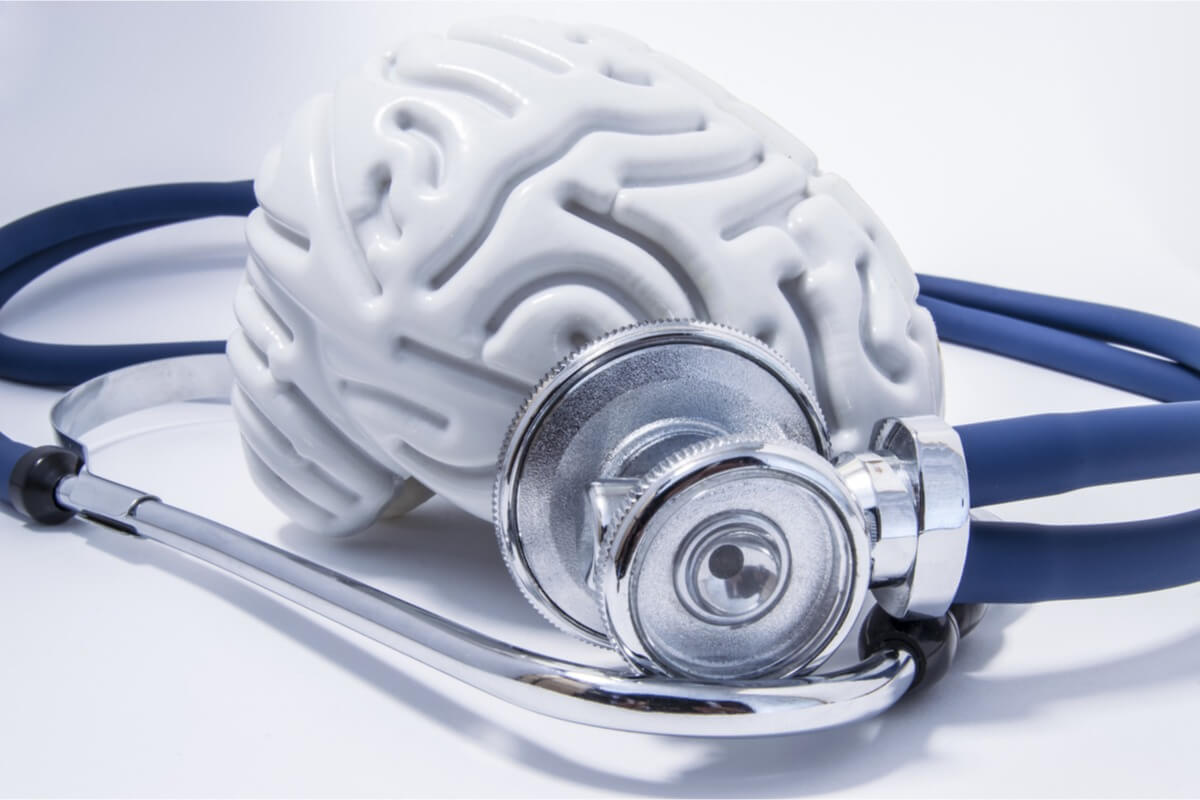
Partner at AKD Lawyers
Practice Areas: Insurance Claims

A brain injury after a car accident can change your life in ways you might not expect. Unlike visible wounds, brain trauma can go unnoticed at first and worsen over time. Many people walk away from a crash feeling fine, only to experience headaches, dizziness, or confusion later.
Understanding how these injuries develop, what symptoms to watch for, and how recovery works is essential for anyone involved in a collision. In this guide, we’ll break down the causes, warning signs, and treatment options for car accident-related brain injuries, while also explaining important Louisiana laws and insights shared by experienced New Orleans car accident lawyers.
What Happens During a Car Accident Brain Injury
A traumatic brain injury (TBI) occurs when a sudden impact or jolt disrupts normal brain function. During a collision, the brain can strike the inside of the skull or twist rapidly, even if your head doesn’t hit anything. This internal movement can damage tissues, nerves, and blood vessels.
Common types of brain injuries after a car crash include:
- Concussion: A mild brain injury that may cause headaches, confusion, and dizziness.
- Contusion: A bruise on the brain that may lead to swelling.
- Diffuse axonal injury: Damage caused by severe shaking or rotation of the head.
- Hematoma: Bleeding in or around the brain that can increase pressure inside the skull.
Even low-speed crashes can cause TBIs. That’s why medical evaluation after any head impact or jolt is crucial, even if you feel fine immediately after the accident.
“Many brain injuries remain undiagnosed because victims dismiss early warning signs such as headaches or fatigue, delaying recovery.”
Recognizing the Symptoms of Brain Injury After an Accident
Brain injuries can affect how you think, feel, and move. Symptoms may appear right after the accident or develop slowly over hours or days.
- Physical symptoms include persistent headaches, dizziness, blurred vision, fatigue, or nausea. You may also experience sensitivity to light or sound.
- Cognitive and emotional symptoms can involve confusion, memory problems, difficulty concentrating, or sudden mood changes. Some people notice irritability, sadness, or anxiety that wasn’t there before.
- Sensory changes such as ringing in the ears, loss of taste or smell, or sensitivity to light may also occur.
The variety of symptoms makes it easy to underestimate the seriousness of a brain injury. Always seek medical care after any head trauma, no matter how minor it seems.

Medical Evaluation and Diagnosis
After a car accident, it’s important to get checked by a doctor as soon as possible. Adrenaline can mask pain, and some injuries worsen without early care. A physician may perform neurological exams or order imaging tests like a CT scan or MRI to detect internal damage.
Documenting symptoms early helps with both recovery and medical accuracy. It also ensures your healthcare provider can adjust treatment if complications appear later.
“According to the CDC, traumatic brain injuries contribute to about 190 deaths per day in the United States.”
Timely diagnosis is the best way to prevent long-term complications and promote recovery.
Treatment and Rehabilitation Options
The treatment plan for a brain injury depends on how severe it is. For mild concussions, doctors may recommend rest, hydration, and avoiding bright screens or strenuous activity. Symptoms should be monitored closely over several days.
Moderate or severe TBIs often need more intensive care.
Treatment may include:
- Medication to reduce pain, swelling, or prevent seizures
- Surgery to control bleeding or pressure on the brain
- Rehabilitation therapy to regain coordination, memory, and cognitive skills
Emotional recovery is just as vital. Many people benefit from counseling or support groups to manage anxiety, depression, or post-traumatic stress. Recovery can take weeks or months, depending on the individual and the extent of the injury.
“Early diagnosis and consistent follow-up care remain the strongest predictors of full or partial recovery after a traumatic brain injury.”

Legal and State Considerations in Louisiana
Louisiana law recognizes the complexity of brain injury cases. The state follows a comparative fault system under Louisiana Civil Code Article 2323, which means that compensation may be reduced if you’re partly at fault for the accident.
It’s also important to understand Louisiana’s one-year statute of limitations for personal injury claims, as outlined in Civil Code Article 3492. Acting quickly helps preserve evidence and protects your rights.
While this article is informational, knowing these laws can help you make informed decisions if you or a loved one has suffered a serious injury.
Prevention and Public Awareness
Brain injuries can happen to anyone, but many are preventable. Wearing seat belts, using properly adjusted headrests, and maintaining safe following distances all help reduce head trauma risks.
Even minor collisions should not be ignored. If you hit your head or feel disoriented, see a doctor immediately. Sharing awareness about hidden injuries can help others avoid lasting damage.
“The Louisiana Department of Health reports hundreds of hospitalizations annually due to vehicle-related TBIs, many from low-speed collisions.”
Common Brain Injury Symptoms and Recommended Actions
| Symptom Category |
Example Symptoms |
Recommended Response |
| Physical | Headache, dizziness, blurred vision | Seek immediate medical evaluation |
| Cognitive | Memory loss, confusion | Visit neurologist or ER for testing |
| Emotional | Mood swings, anxiety | Consider counseling or therapy |
| Sensory | Sensitivity to light, ringing in ears | Limit screen exposure, consult doctor |
This quick reference helps identify early signs that require medical attention.
FAQs
What are early signs of a brain injury after a car accident?
Headaches, confusion, dizziness, fatigue, and light sensitivity may appear soon after the accident or within a few days.
Can I have a brain injury even if I didn’t hit my head?
Yes. Sudden movement or whiplash can cause internal trauma without direct impact on the skull.
How long does it take to recover from a mild traumatic brain injury?
Recovery usually takes days to weeks, though symptoms can last longer depending on the severity.
Why is medical documentation important after an accident?
It tracks progress, ensures proper care, and provides evidence for insurance or future health needs.
What is the statute of limitations for brain injury cases in Louisiana?
In most cases, victims have one year from the accident date to take legal action.
Conclusion
Brain injuries after car accidents can be life-altering, but early medical attention and awareness make a huge difference in recovery. Always take symptoms seriously, even if they seem mild, and follow your doctor’s recommendations closely.
Understanding Louisiana’s laws helps you stay informed about your rights, but your health should always come first.
Alvendia, Kelly & Demarest Law Firm is dedicated to helping Louisiana residents stay informed and protected after serious accidents. If you or a loved one has experienced a brain injury, reach out today for a free consultation to learn about your options and recovery path.
Categories

In 2003, after being dissatisfied with the quality of legal care for victims of car accidents, Roderick ‘Rico’ Alvendia sought to establish a new firm focused on providing high-quality legal services to aid injured victims and their families. J. Bart Kelly, sharing Rico’s passion for upholding justice, joined the firm later that year, and established a partnership.






